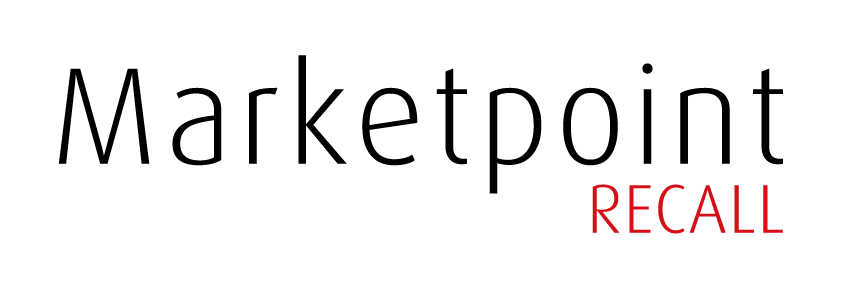5 Strategies On How Your Brand Should Handle A Product Recall
/It's the moment brands dread: one of your company's products has been recalled for health concerns, inaccurate marketing, defective operation or any of a number of reasons, that are, at the surface, wholly negative. One has to look no further than the Samsung Galaxy 7 Note recall, which has been described as "the biggest debacle to happen the smartphone market in the last decade."
Most companies would see a recalled product as a death sentence for their business, but smart brands should see it as an opportunity. Through fighting the fire in the aftermath of the recall using attentive PR strategies, a path can be found to build positive relationships with unsatisfied customers and build customer loyalty within your brand.
Or as Forbes contributor Bryan Pearson put it recalls can actually enhance customer engagement, citing a report which showed that almost nine out of 10 consumers (87%) said they would more likely purchase and remain loyal to a brand that handles a product recall honorably and responsibly.
Here are five strategies to use when your brand experiences a product recall:
1. Offer Full Refunds Whenever Possible
A serious mistake some companies make when they discover a product defect is to stay focused on profit as the bottom line. Sometimes you have to take a revenue hit to keep customers loyal to your brand.
Take, for example, the recall of Ford Transmissions in early 2016. The company owned up to a mistake in the manufacturing of these vehicles, recalled them, and invited those who had already taken their transmissions into auto body shops and paid for repairs to come to the manufacturer and receive the amount that repairs cost as a rebate. This is a way to make sure your customers don't become permanently disenchanted by your brand, especially if your brand is as recognizable as Ford Automotive.
2. Keep Open Lines Of Communication With Customers
In the event of a product recall, your customers will likely be confused, and generally inconvenienced by the sudden shift. Hiring a few more customer service professionals, instating a live chat help feature on your website, or holding an informative press conference about the change will go a long way in easing the minds of the most frustrated customers.
Remember, customers that don't receive the answers they desire about your brand will walk away with a negative opinion long after the dust from the recall settles.
3. Educate Customers About The Potential Hazards Of The Product's Defects
We typically see this with pharmaceutical recalls, as customers may be worried about their health after consuming a drug that turned out to be less safe than it appeared. One example is with PharmaTech LLC, and their Diocto Liquid, meant to be an effective stool softener. Unfortunately, the manufacturer had a large batch of the product become tainted with a bacterium that could cause dangerous infections in people with weakened immune systems.
PharmaTech was forthcoming with their customers and educated them about the risks of their recalled product, and released information through the proper channels, avoiding major legal action in the process.
Another potentially bad effect or defect if you will is addiction or the possibility thereof. "Pharma brands need be completely transparent as to the possible effects a given drug can have on anyone taking it," says Leslie Glass, founder of Reach Out Recovery. "The question they need to ask themselves is are they advertising addiction?"
4. Be Prepared And Assume Every Product Will Be Recalled
It may sound a bit strange to hear that you should assume that a recall will occur on every new product your brand puts on the market, but effective PR is based on messaging, framing the situation and managing the reaction of consumers in the face of uncertainty and this can only be done with the highest possible degree of readiness.
When a product gets recalled, react quickly with an announcement, control the message and take responsibility before the press and the public can paint your brand in a negative manner.
5. Cooperate With Third Party Regulators And Arbitrators
You'll notice that in the PharmaTech example, the source was an FDA release. This is because when a recall involves potential dangers to the health of your costumers, government agencies usually get involved to make sure the situation is made right by the company responsible.
If your brand has to deal with a government agency or a third party mediator that steps in to make sure the proper steps are taken, make sure you realize that your company is in the wrong here. Cooperate with them, and everything will go as smoothly as possible throughout the process.
Finally, partnering with a Recall specialist who can handle all of this for you can take the pressure off and put your mind at ease knowing that you are prepared for the worst.
Article written by Steve Olenski originally in Forbes, full article here.

